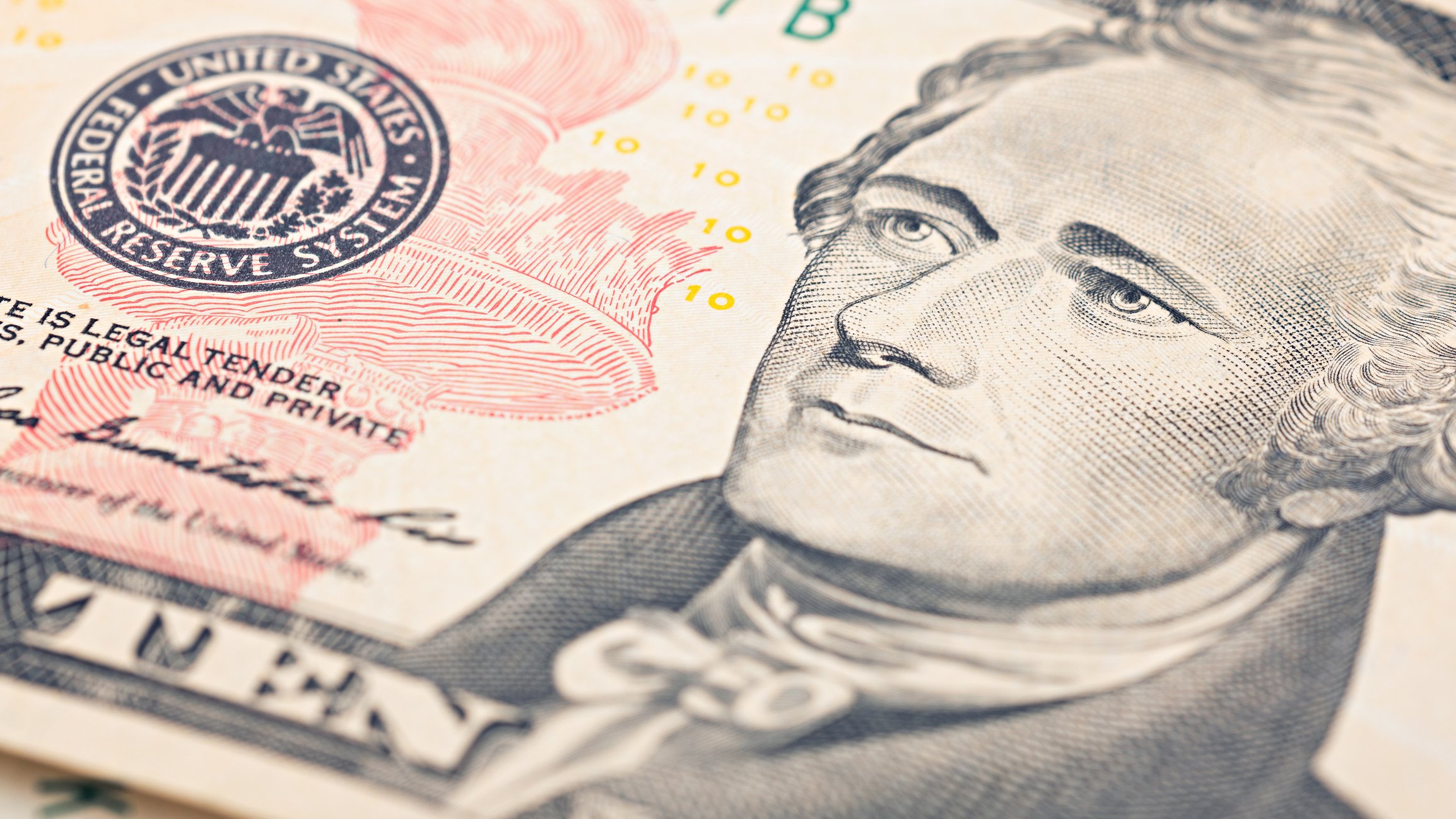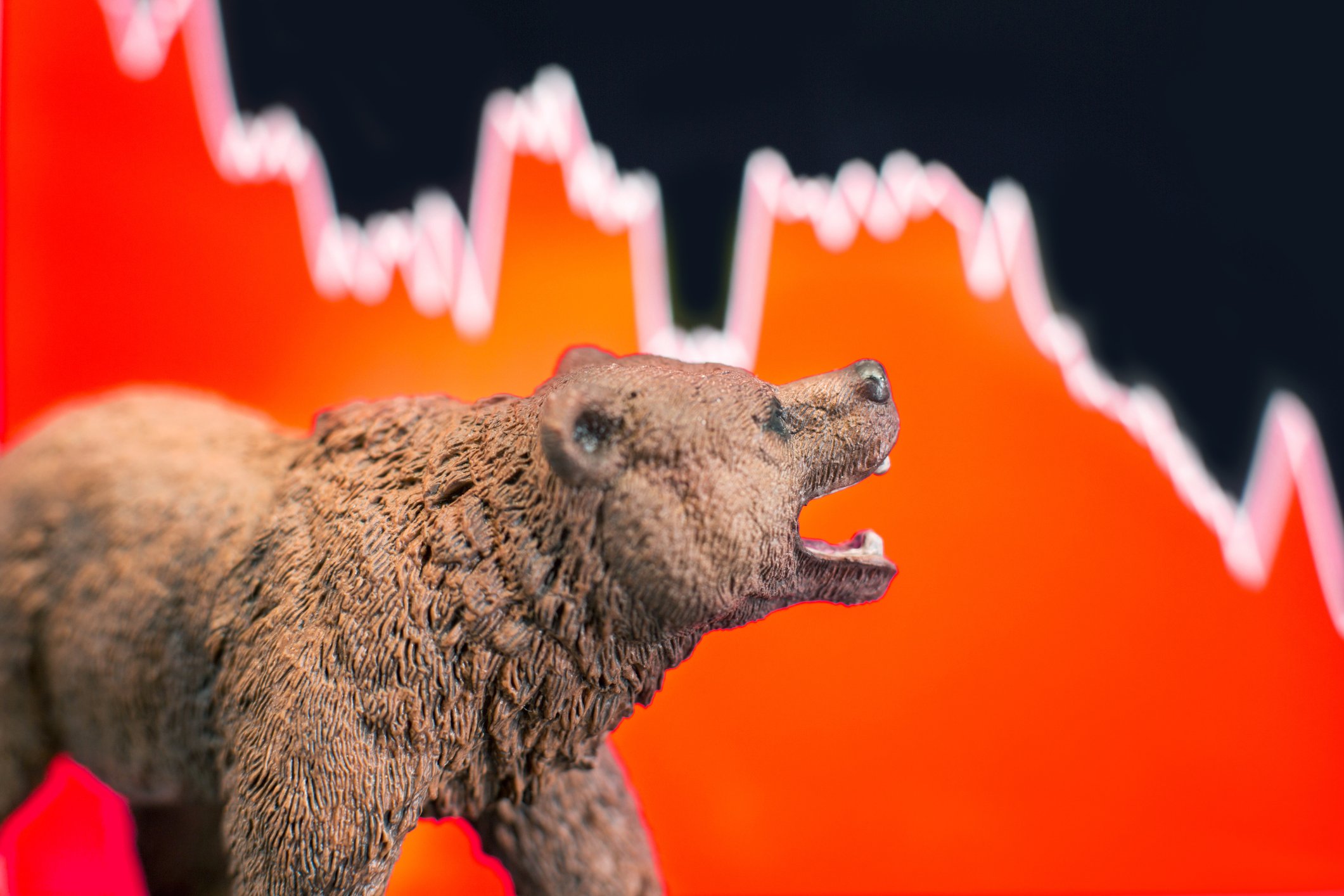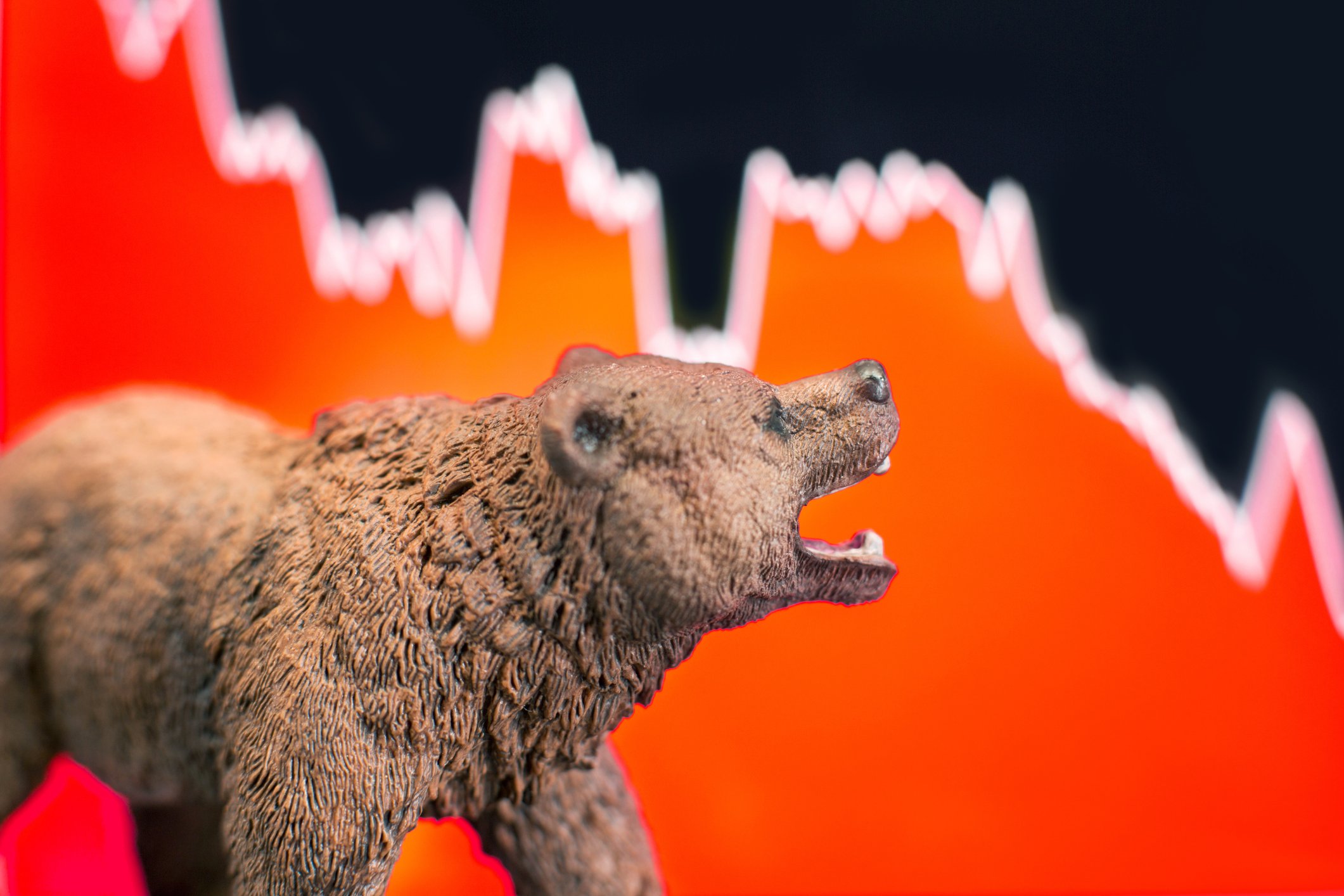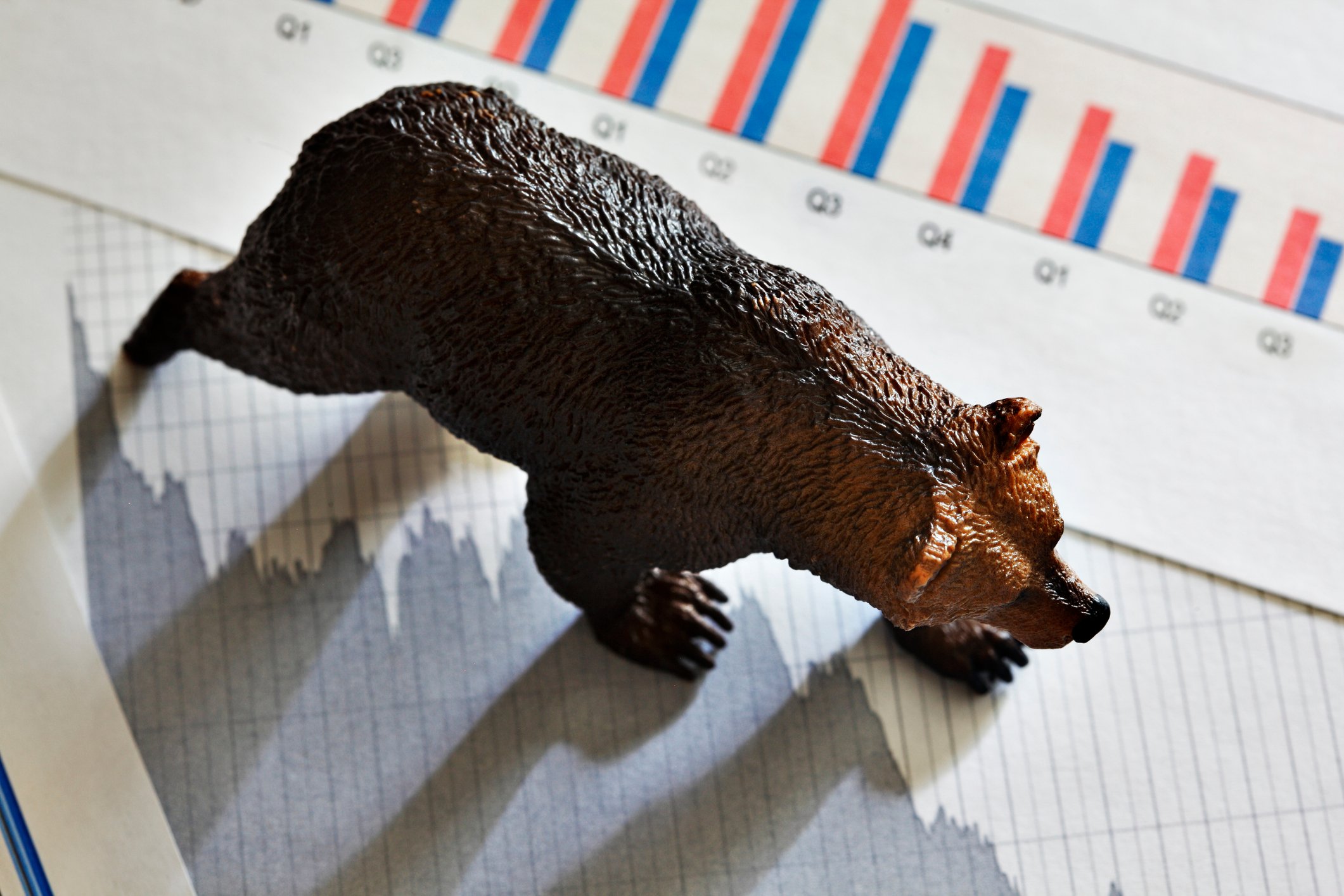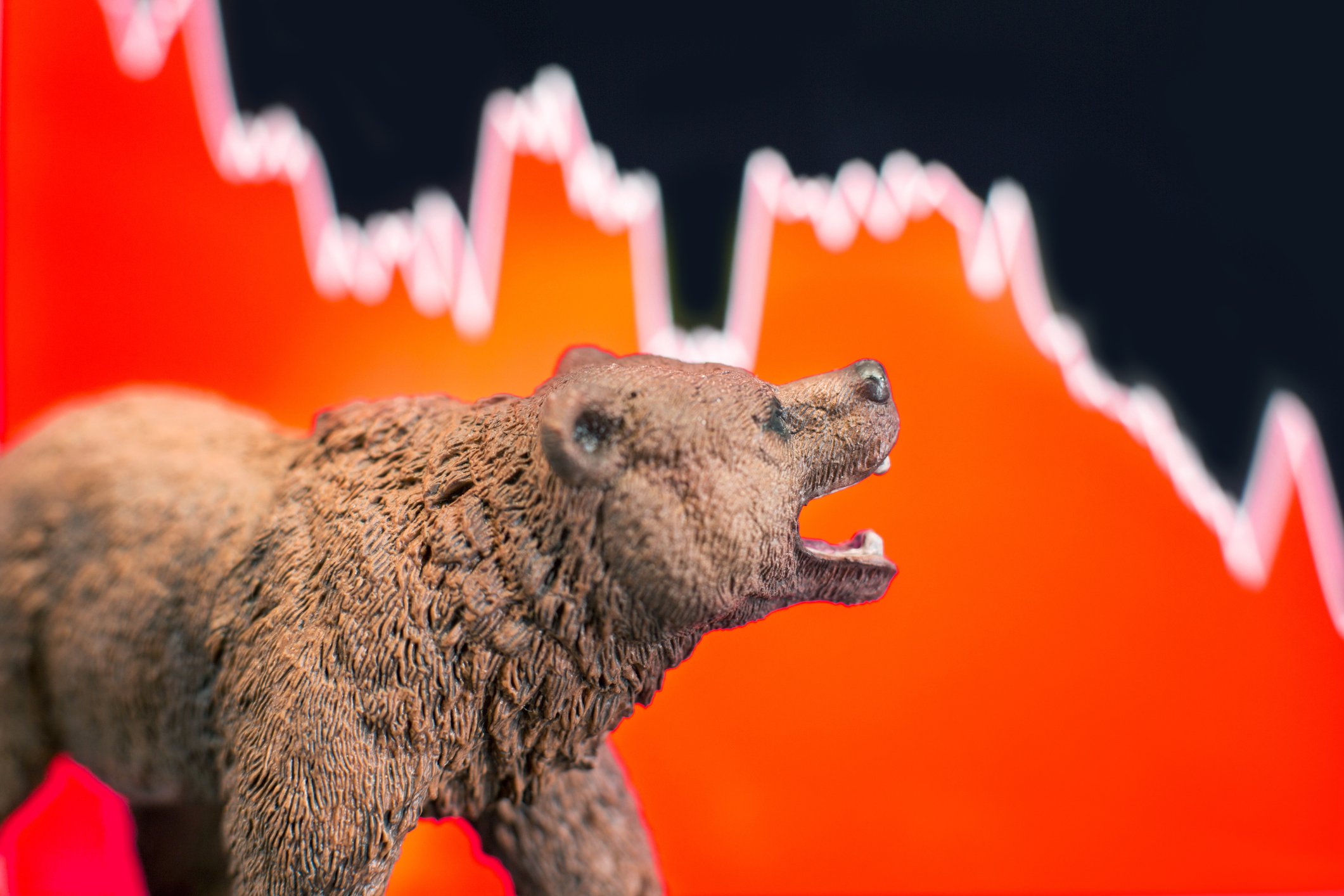Recently, the investment community marked one year since stock market volatility went off the charts. We witnessed the fastest decline of at least 30% in the S&P 500's history, as well as a brief period where West Texas Intermediate crude oil futures turned negative.
While much of the investment community stood in awe at these historic moves, this volatility acted as an insatiable lure for millennial and novice investors.

Image source: Getty Images.
Robinhood investors can't stop buying these 50 stocks
Online investing app Robinhood, which known best for its commission-free trades and gifting of free shares of stock to new members, attracted some 3 million new users last year. What's notable about this figure is the average age of Robinhood's member base is only 31. This means millennial and/or novice investors flocked to the platform at a time when volatility soared.
On one hand, it's a great thing to see young investors putting their money to work in the greatest wealth creator on the planet. Over the last 40 years, the total return of the S&P 500 (i.e., including dividends) is slightly above 10%. In other words, investors have been doubling their money about once every 7 years since the beginning of 1981, inclusive of dividend reinvestment.
On the other hand, Robinhood's millennial/novice investors don't appear to understand the importance of long-term investing or the benefits of compounding. We know this, because Robinhood's leaderboard (a published list of the most-held stocks on the platform) is filled with penny stocks, momentum plays, and a number of others awful businesses.
If you don't believe me, here's a snapshot of the 50 most-held Robinhood stocks as we enter March.
| Company | Company |
|---|---|
| 1. Apple | 26. Snap |
| 2. Tesla Motors | 27. Castor Maritime |
| 3. AMC Entertainment (AMC +0.72%) | 28. Alibaba |
| 4. Sundial Growers (SNDL 0.65%) | 29. Moderna |
| 5. Ford | 30. Bank of America |
| 6. General Electric | 31. Netflix |
| 7. NIO (NIO 3.83%) | 32. BlackBerry |
| 8. Microsoft | 33. Canopy Growth |
| 9. Walt Disney | 34. FuelCell Energy |
| 10. Amazon | 35. Ideanomics |
| 11. Nokia | 36. Advanced Micro Devices |
| 12. Aphria | 37. Tilray |
| 13. GameStop (GME +8.25%) | 38. Facebook |
| 14. Zomedica | 39. Twitter |
| 15. American Airlines Group (AAL +2.93%) | 40. Norwegian Cruise Line |
| 16. Plug Power | 41. AT&T |
| 17. Pfizer | 42. General Motors |
| 18. Aurora Cannabis (ACB 3.45%) | 43. Virgin Galactic |
| 19. Churchill Capital | 44. Zynga |
| 20. Carnival Corp. | 45. United Airlines |
| 21. GoPro | 46. Boeing |
| 22. Delta Air Lines | 47. Coca-Cola |
| 23. OrganiGram Holdings | 48. Starbucks |
| 24. Palantir Technologies | 49. Cronos Group |
| 25. Naked Brand Group (NAKD +0.00%) | 50. Workhorse Group |
Data source: Robinhood, as of Feb. 25, 2021. Table by author.
A major lust for momentum and penny stocks
If there's one thing that sticks out like a sore thumb on this list, it's that Robinhood investors can't get enough penny stocks and high-volatility momentum plays for their portfolio.
In particular, you'll note that many of the most-popular stocks discussed on Reddit's WallStreetBets chatroom are among the top-50 holdings on Robinhood. Companies like GameStop and AMC Entertainment, which are the poster children of the retail investor-fueled Reddit frenzy, are respectively the 13th and third most-held stocks on the platform. Both GameStop and AMC sport high levels of short interest, mostly from institutional investors or hedge funds. This made them the perfect targets for a short squeeze by retail investors.
Unfortunately, you'll find little-to-no substance behind their rallies. GameStop is probably working on its fourth consecutive annual loss as it struggles to transition to a digital gaming environment. Meanwhile, AMC Entertainment narrowly avoided bankruptcy, and is watching the traditional movie theater operating model get decimated by the pandemic and select streaming providers.
The other thing Robinhood investors are probably failing to realize is that penny stocks are almost always valued in penny territory for a good reason. For example, intimate apparel retailer Naked Brand Group hasn't generated a profit in at least six years, and the company is now in the midst of an organizational shift that'll focus on e-commerce. Naked Brand shows that tiny stocks are often tiny for a very good reason.

Image source: Getty Images.
Cannabis, cannabis, and more cannabis
Robinhood investors' love affair with marijuana stocks continues for yet another month. As I've noted previously, Robinhood doesn't allow its members to buy over-the-counter (OTC)-listed companies. This means they're predominantly stuck buying the underperforming Canadian pot stocks that are listed on major U.S. exchanges. Seven of the top 50 holdings are Canadian pot stocks.
If there's good news to report, it's that Aurora Cannabis has been slowly falling down the ranks of the most-held Robinhood stocks. Once the most-held stock on the entire platform, Aurora now sits at No. 18. It should continue to fall considering how poorly the company has been run. Even though new management has aggressively cut costs, it doesn't change the fact that the company's outstanding share count has risen by more than 12,000% since June 2014, or that the finish line to achieve positive earnings before interest, taxes, depreciation, and amortization (EBITDA) has been moved back on a number of occasions.
The bad news is that Robinhood investors might have replaced Aurora Cannabis with an even worse pot stock: Sundial Growers. Although Sundial has an estimated $680 million in cash, it's built up its coffers on the backs of its shareholders. The company has issued over 1.1 billion shares via offerings and debt-to-equity swaps in five months. It's also in the midst of switching its focus to retail from wholesale, which'll only exacerbate near-term losses at a time when most North American pot stocks are turning profitable.

Image source: Getty Images.
Alternative energy and transportation remain must-owns for millennials
If you thought cannabis was well represented in Robinhood's leaderboard, take a gander at the alternative energy and transportation plays. Nearly 30% of the top 50 are auto stocks, airlines, or a company focused on clean/renewable energy solutions. Suffice it to say, Robinhood investors are expecting a big uptick in travel demand, post-pandemic, and an increased focus on renewable energy from the Biden administration.
But, as noted, they're also potentially playing with fire by chasing momentum stocks that have wildly detached from their underlying fundamentals. China-based electric-vehicle (EV) manufacturer NIO is still worth $73 billion after a 25% pullback, yet has only delivered a little north of 82,800 EVs since its inception. Being based in China, the largest auto market for EVs in the world, could unquestionably help its long-term outlook. However, $73 billion for such a young and unproven business is a bit much.
Likewise, piling into American Airlines doesn't seem like a prudent idea. Even during the best of times, airline stocks generate mediocre margins and are able to return capital to shareholders through buybacks and dividends. But having taken a coronavirus relief loan, American Airlines is barred from buybacks and dividends. It also boasts the highest debt load of any major airline ($41 billion). Even if it survives the pandemic without seeking bankruptcy, it'll be so financially constrained by its debt that most growth initiatives can be tossed out the window.

